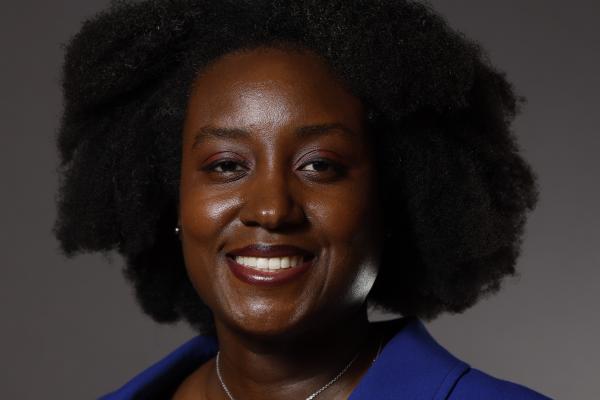Paper by Professor Cochran Published and Highlighted in APS Physics Magazine

Professor Geraldine Cochran's paper with grad student (Liam McDermott) and undergrad assistant (Nazeer Mosley) was published in Physical Review - Physics Education Research.
The work was also highlighted in the APS Physics Magazine.
Title: Diverging nonlocal fields: Operationalizing critical disability physics identity with neurodivergent physicists outside academia
Abstract: Science, technology, engineering, and mathematics (STEM) education research and physics education research, in particular, are currently struggling with a dearth of research into understanding the experiences and identity development of neurodivergent students. In addition, an even larger gap in research exists looking into nonacademic members who have left the field and still strongly identify with their disciplinary identity. As valued members of our physics community, these colleagues provide a unique perspective as to how identity and participation are nurtured and developed, particularly among rising disabled physicists. To resolve these current issues and aid in future research, we operationalize our new Critical Disability Physics Identity framework and present results from interviews with three neurodivergent post-baccalaureate nonacademic physicists (those who have left physics and retain a strong affinity toward their identity as a physicist). As the first paper in a four-part phenomenological study into the identity development of neurodivergent physicists, we also present an analysis of each interview through a Critical Disability Physics Identity lens and discuss the implications of their Critical Disability Physics Identity development. We find that neurodivergent students experience very little outright discrimination and violence but experience structural ableism in the form of assessment that is not constructed for how neurodivergent physicists perform physics-related tasks. Additionally, we find that neurodivergent physicists seem to ground identity in having a strong interest in physics, something that is only shaken by professors and others in power being neutral toward the discrimination experienced by neurodivergent people. We find that there are very large power imbalances between professors and neurodivergent students and that only when professors and others in power are actively anti-ableist is this power imbalance remedied and neurodivergent students begin to feel that they are physicists.
Congratulations to Professor Cochran and her co-authors!
